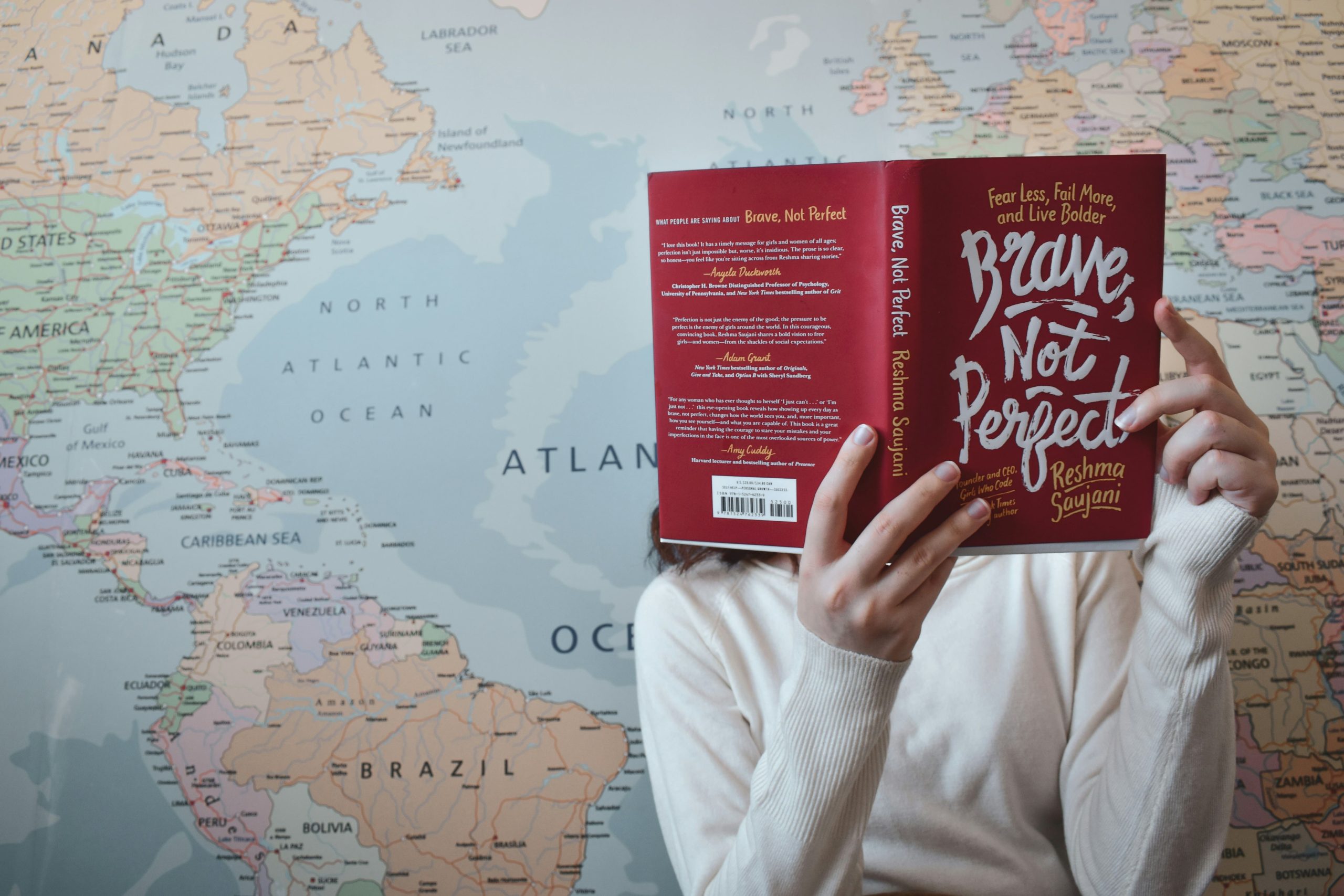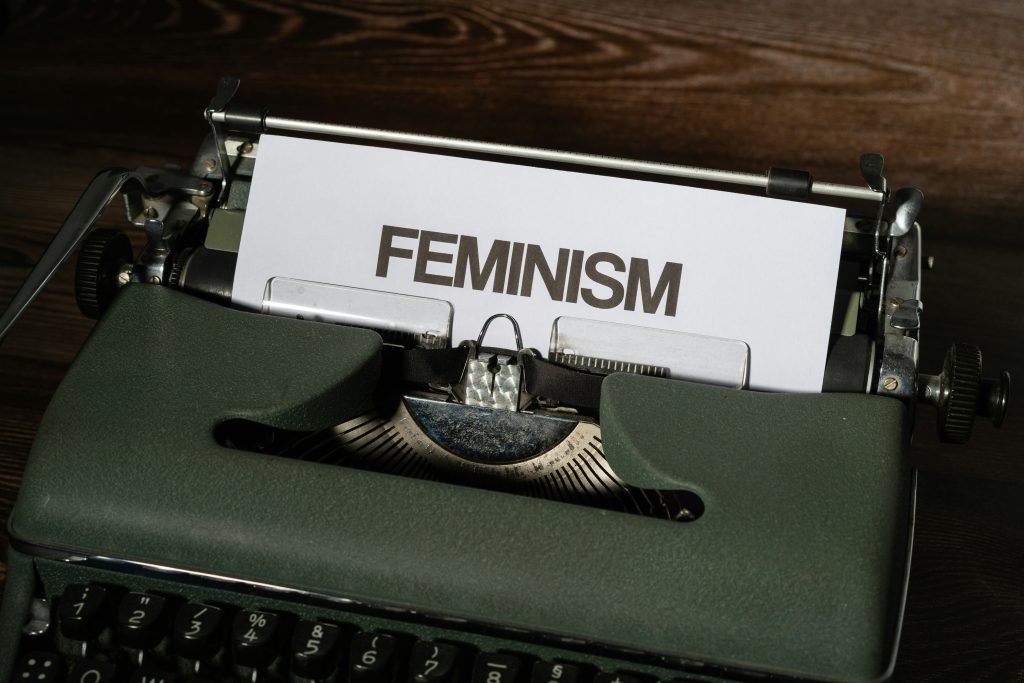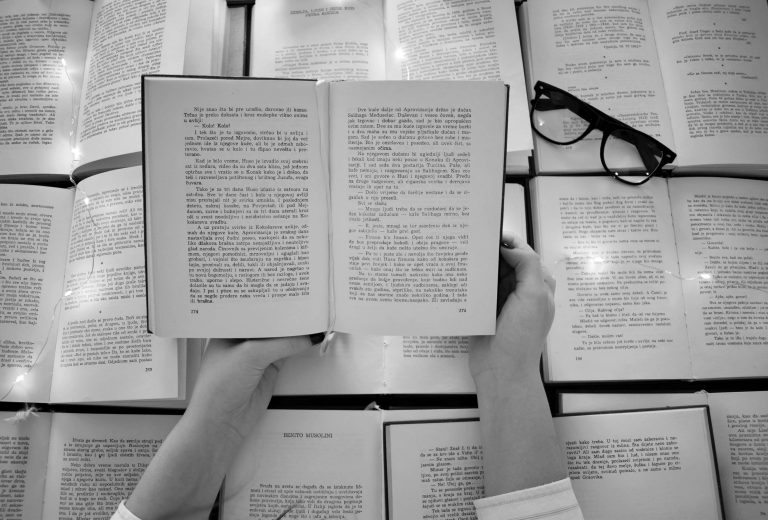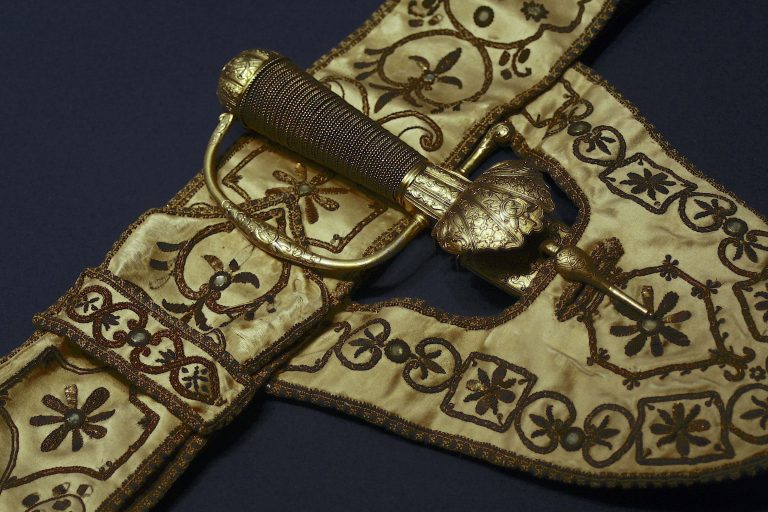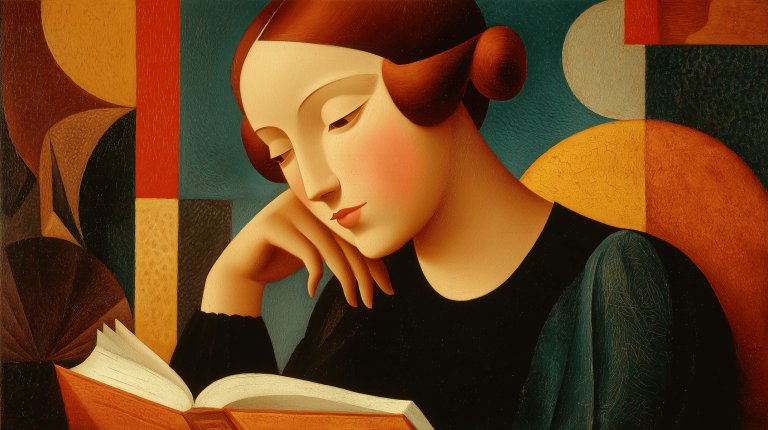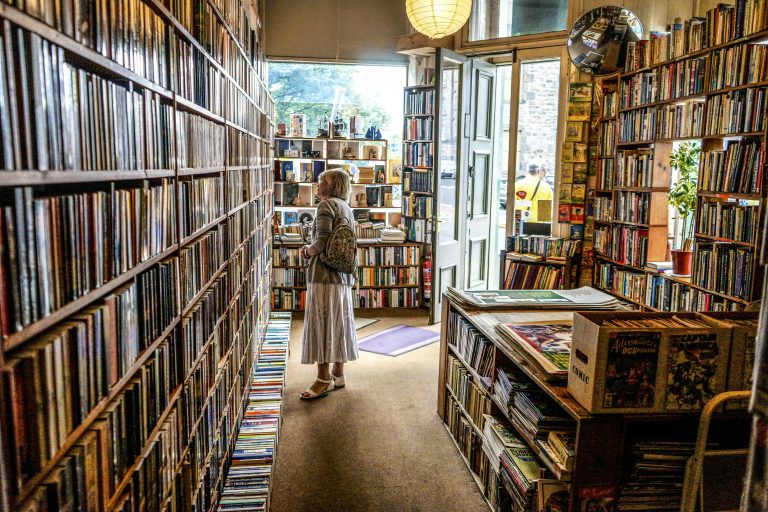The Evolution of Feminist Literary Criticism in Portugal
Introduction
Feminist literary criticism is an academic discipline dedicated to analyzing how literature portrays, reinforces, or challenges gender roles and power dynamics within society. It explores issues such as female authorship, representation, sexuality, and identity, questioning how literary works reflect the social constructions of gender and hierarchy. This approach interprets texts not only as artistic creations but also as cultural expressions shaped by societal attitudes and values.
In Portugal, feminist literary criticism developed gradually as scholars, authors, and educators began reexamining the role of women in literature. As academic and cultural discourse evolved, feminist perspectives became increasingly influential in understanding how Portuguese writers, both male and female, depict women’s experiences, autonomy, and intellectual presence.
The central argument of this discussion is that feminist literary criticism has had a transformative impact on Portuguese literature. It has reshaped the literary canon, rediscovered forgotten female authors, influenced thematic development, and encouraged experimental forms that foreground women’s experiences and identities. Its influence extends beyond literature into Portugal’s broader cultural and intellectual landscape.
Historical Development of Feminist Literary Criticism in Portugal
Early Influences and Precursors
Before feminist literary criticism became an established academic discipline, several pioneering women in Portugal laid the intellectual groundwork for feminist thought. Writers such as Maria Clara Correia Alves and Ana de Castro Osório used literature and journalism to advocate for women’s education and cultural participation. Their early works in the late 19th and early 20th centuries combined social awareness with literary creativity, offering valuable perspectives on gender and equality.
Authors such as Irene Lisboa also played a crucial role. Through introspective prose and reflective essays, Lisboa examined the limitations imposed on women and expressed the need for personal and creative freedom. These early contributions anticipated later feminist discourse by highlighting the challenges of self-expression and intellectual recognition faced by women writers.
Growth and Recognition in Modern Portuguese Literature
As academic study expanded in the later 20th century, feminist writers and scholars gained more opportunities to publish, teach, and research women’s roles in literature. This period saw the publication of groundbreaking works exploring themes of identity, self-discovery, and the female perspective in society.
One of the most influential texts of this period was Novas Cartas Portuguesas (“New Portuguese Letters,” 1972) by Maria Teresa Horta, Maria Isabel Barreno, and Maria Velho da Costa. The book became a landmark in Portuguese feminist writing for its bold exploration of language, sensuality, and gender dynamics. It encouraged open discussions about women’s autonomy and the importance of literary freedom.
Following this period, authors such as Lídia Jorge, Teolinda Gersão, and Hélia Correia emerged as major voices in Portuguese literature, each bringing nuanced portrayals of women’s lives and highlighting the complexities of gender and emotion through fiction and poetry.
Institutionalization in Academia and Publishing
By the late 20th century, feminist criticism became a recognized field within Portuguese academia. Universities introduced gender studies, and scholarly journals began publishing research dedicated to women’s writing and feminist theory. Publishing houses also played a significant role in rediscovering and republishing works by earlier women writers whose contributions had been overlooked.
These efforts helped build a more inclusive literary canon, ensuring that women’s perspectives were studied and celebrated as essential to Portugal’s cultural identity.
Key Figures in Portuguese Feminist Literary Criticism
Foundational Figures
The “Three Marias”—Maria Teresa Horta, Maria Isabel Barreno, and Maria Velho da Costa—are central figures in the history of feminist literature in Portugal. Their collaborative work combined creativity and critique, offering a new form of literary expression centered on female identity and collective experience.
Maria Lamas was another key figure, known for combining journalism and literature to document women’s lives across Portugal. Her works emphasized education, social awareness, and the importance of women’s contributions to culture and community life.
Academic and Literary Innovators
In the decades that followed, a new generation of authors and scholars expanded feminist criticism by incorporating modern theoretical approaches, such as psychoanalysis and cultural studies. Writers like Lídia Jorge and Hélia Correia explored the psychological and symbolic dimensions of women’s experiences, using poetic language and layered narratives to express inner strength, individuality, and transformation.
Contemporary Voices and Inclusivity
Contemporary Portuguese feminist criticism has become increasingly inclusive, addressing the diversity of women’s experiences across different backgrounds and identities. Younger scholars and writers now examine how feminism interacts with global themes, digital expression, and evolving cultural dynamics—ensuring that feminist literary studies remain vibrant and relevant in modern Portugal.
Major Themes in Portuguese Feminist Literary Criticism
Portuguese feminist critics frequently explore themes such as authorship, identity, and the portrayal of women in literature. They analyze how women’s voices are represented, silenced, or reimagined in both classical and contemporary works.
Common topics include self-discovery, relationships, motherhood, desire, and creativity—examined not merely as personal experiences but as reflections of broader cultural patterns. Feminist analysis often reinterprets canonical texts to reveal underlying assumptions about gender and power while promoting alternative narratives that highlight women’s emotional and intellectual depth.
Impact on Portuguese Literary Production
Rediscovery of Forgotten Female Authors
Feminist scholars have been instrumental in recovering and republishing works by early Portuguese women writers. These rediscoveries have enriched the literary landscape, showing how women from different eras expressed their voices despite social and cultural limitations.
Shifts in Literary Themes and Techniques
Contemporary Portuguese literature increasingly incorporates feminist ideas, often through innovative narrative structures such as diaries, monologues, or fragmented storytelling. These literary techniques allow for more intimate and diverse portrayals of women’s emotions, thoughts, and relationships.
Evolving Portrayals of Female Characters
Modern Portuguese novels and poetry depict women as active participants in society—intellectuals, creators, and complex individuals rather than supporting figures. This shift reflects the broader cultural recognition of women’s agency and creativity in literature.
Emergence of New Feminist Voices
A new generation of women writers from varied regions and communities in Portugal continues to expand feminist literature. Their works focus on identity, equality, and the intersection between culture and modern life, bringing a fresh and diverse energy to the national literary scene.
Key Works in Portuguese Feminist Literature
Among the most influential works is Novas Cartas Portuguesas, often regarded as the cornerstone of feminist writing in Portugal. Other significant contributions include Lídia Jorge’s A Costa dos Murmúrios, which delves into personal reflection and memory, and Hélia Correia’s Montedemo, known for its lyrical portrayal of women’s subjectivity.
Poet Maria Teresa Horta also advanced feminist thought through poetry that celebrated women’s autonomy, sensuality, and intellectual strength, enriching the tradition of Portuguese verse.
Theoretical Frameworks and Methodologies
Portuguese feminist critics have drawn on international feminist theories by thinkers such as Simone de Beauvoir, Hélène Cixous, and Judith Butler, adapting their insights to local cultural contexts. These approaches have helped shape analyses of literature that consider social values, moral traditions, and the evolving roles of women in Portuguese society.
At the same time, Portuguese scholars have contributed original perspectives emphasizing themes such as memory, emotion, and self-expression—grounding their interpretations in the country’s distinct literary traditions and linguistic richness.
Contemporary Trends and Future Directions
Feminist literary criticism in Portugal continues to evolve alongside technological and social change. Online platforms, digital archives, and literary festivals have provided new spaces for feminist dialogue and creativity.
Current discussions focus on how feminist thought can remain inclusive and forward-looking by embracing diverse perspectives and fostering collaboration among writers, critics, and readers. As it moves into the digital age, Portuguese feminist criticism continues to inspire innovation while maintaining its commitment to equality and intellectual freedom.
Conclusion
Feminist literary criticism has profoundly influenced Portuguese literature by challenging conventions, rediscovering women’s voices, and expanding the scope of literary study. It has encouraged a richer, more balanced understanding of gender, creativity, and identity in Portuguese culture.
Through its ongoing development, feminist criticism in Portugal remains a vital force—illuminating the past, shaping the present, and inspiring future generations of writers and scholars to view literature through a lens of equality, diversity, and empowerment.
Key Takeaways
- Transformative Literary Impact: Feminist criticism reshaped Portuguese literature by redefining women’s roles, recovering forgotten female authors, and challenging traditional narratives.
- Foundational Voices: Early writers like Maria Clara Correia Alves, Ana de Castro Osório, and Irene Lisboa laid the groundwork by advocating women’s education and creative freedom.
- The “Three Marias” and Feminist Breakthrough: Novas Cartas Portuguesas by Maria Teresa Horta, Maria Isabel Barreno, and Maria Velho da Costa became a landmark work celebrating women’s autonomy and literary freedom.
- Academic Recognition: Feminist literary criticism gained legitimacy in universities and publishing, promoting research and reviving interest in overlooked women writers.
- Themes and Techniques: Modern feminist literature explores identity, creativity, and emotion through innovative forms like diaries and fragmented storytelling.
- Contemporary and Inclusive Voices: Authors such as Lídia Jorge and Hélia Correia continue to highlight women’s complexity, while digital platforms expand feminist dialogue and inclusivity.
- Enduring Cultural Significance: Feminist literary criticism remains a vital force in shaping Portugal’s cultural identity, promoting equality, creativity, and intellectual freedom.
FAQs
What sparked the rise of feminist literary criticism in Portugal?
Feminist literary criticism in Portugal developed from early advocacy for women’s education and equality by writers like Ana de Castro Osório and Maria Clara Correia Alves. Their work laid the foundation for later feminist scholarship that analyzed gender roles and challenged traditional portrayals of women in literature.
How did the “Three Marias” influence Portuguese feminist literature?
The “Three Marias”—Maria Teresa Horta, Maria Isabel Barreno, and Maria Velho da Costa—transformed Portuguese literature with Novas Cartas Portuguesas in 1972. Their bold exploration of identity, sensuality, and language redefined literary expression, encouraging open discussions on women’s autonomy, social equality, and creative freedom.
What themes define modern Portuguese feminist literary criticism?
Contemporary feminist criticism in Portugal explores identity, creativity, emotional depth, and women’s agency. It reinterprets classic works through gender-aware perspectives, celebrates rediscovered female authors, and promotes inclusivity—reflecting evolving views on culture, self-expression, and the role of women in modern society.
From storytelling to skill-building, picture books are a child’s first window into the world of reading. This article reveals how these creative works encourage early literacy and showcases Portugal’s finest examples of illustrated storytelling that captivate both young readers and adults alike.

